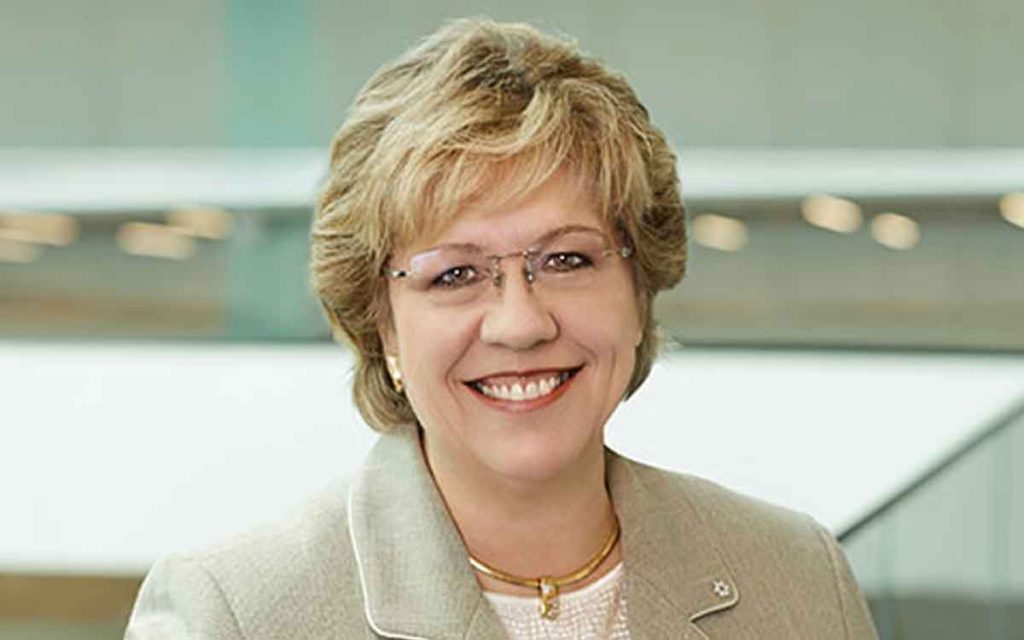
Look up “accident waiting to happen” in the dictionary. It would not be a surprise to see “long term care homes” listed. The steady increase in COVID-19 deaths in Ontario’s nursing homes over the past weeks begs the question, how could we have possibly gotten it this wrong when it comes to running and regulating our long-term care system.
So far, more than 1,200 long-term care residents have died, by some estimates four out of five of the province’s total COVID-19 fatalities. But the province is far from alone. Across the country, the National Institute of Aging estimates over 80% of Canadian COVID deaths occurred in the long-term care sector.
With the homes locked down against “non-essential” visitors, the stories of families waving through windows at their loved ones have been heart-breaking; or worse, being forbidden to attend a dying parent’s bedside, receiving the news of their passing via email.
As with the arrival of this pandemic, we were warned. This should not have been a surprise. The Ontario Long Term Care Association, in last year’s budget submission painted a picture of a system at the tipping point – older, more fragile residents with more serious health problems; too few beds in out-of-date buildings; growing wait lists; underpaid and overworked staff, if staff could be found at all; significant funding shortfalls; a regulatory framework that is either too lax or too focused on “administrivia.”
So what now? Distressingly, the debate is in danger of splitting along typical ideological lines. Suddenly the argument is all about private versus public sector ownership. When various social advocates discovered former Ontario Premier Mike Harris was board chair of Chartwell Retirement Residences, Canada’s largest seniors’ housing provider, they could not contain their glee at finding their old foe – despite the fact that he has been out of government for 18 years!
Some perspective is in order. Yes, there are clearly significant problems in too many homes. But it is important to remember that 2 out of 3 nursing homes have not had a single case of COVID-19, regardless of ownership. Of those with cases, almost ten percent of fatalities occurred in municipally-owned homes; 14 percent in for-profit homes and 20 percent in not-for-profit homes.
Calls to “nationalize” the sector become nonsensical when over half the 626 homes are privately-owned. Not only would the cost be exorbitant – money that could be better spent on more beds and more, better-trained, better-paid staff – it would not deal with a critical question, why transfer all ownership to government, when government regulation and oversight is clearly part of the problem?
The solution is three-fold. Start with an independent, tightly focused, evidence-based inquiry to make realistic recommendations. Families and stressed workers need a venue to express their anguish, but it can’t overshadow nor undermine the need for the clear thinking and tough choices required to fix the system.
Be prepared to pay more, both as a taxpayer and a resident. Long term care can no longer be at the bottom of the health care spending list.
But most importantly, let’s be clear about what we want the system to be. There are clear choices and models to learn from. Denmark, for example, spends just over a third of its long-term care budget on services delivered in facilities. The rest goes to home and community-based programs like “restorative” care and preventive house calls. The average spend in other OECD countries is exactly the reverse.
None of us likes to contemplate our later years. But we will all be there one day. What do we want it to be?

Janet Ecker is a former Ontario Finance Minister, Minister of Education, Minister of Community and Social Services and Government House Leader in the governments of Premier Mike Harris and Premier Ernie Eves. After her political career, she served as the founding CEO of the Toronto Financial Services Alliance, a public-private partnership dedicated to building Toronto region into an international financial centre. She currently sits on a number of corporate and non-profit boards, agencies and advisory committees.
Ms. Ecker received the Order of Canada for her public service contributions and was recognized as one of the “Most Influential People in the World’s Financial Centres” by Financial Centres International. She also received a “Canada’s Most Powerful Women: Top 100 Award” from the Women’s Executive Network and the Richard Ivey School of Business, among other awards. She is also one of the founders of Equal Voice, a national, multi-partisan organization working to elect more women.




















